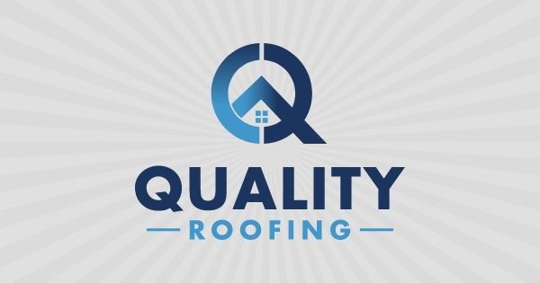Roofing scams can occur anywhere. However, certain U.S. regions are high targets simply due to dense population and the likelihood of severe weather. Florida has both. Scammers all over Florida prey upon unsuspecting homeowners who often need emergency professional roof repair due to the high number of hurricanes over the last few seasons.
Like any other industry, scammers often appear to be credible and honest. They have refined their skills in fooling even the most discerning homeowner. They may arrive on-site with marked company vehicles, lots of equipment, a full crew, and an offer you can’t refuse. They may even extend you the courtesy of showing you where the damage is and what needs to be done to fix your roof. However, there are ways to identify common roofing scams in Florida.
Scam #1: The Unlicensed Contractor
Understanding professional roofing contractor licensing laws in Florida can be a bit challenging. For instance, Florida does not require a roofing contractor to have a state license to operate a roofing business. Licensing requirements are left up to each city or county. The only exception to this rule is if a roofing contractor plans to extend their business to the rest of the state. If so, Florida requires a state license.
The Escambia and Santa Rosa County Contractor Competency Board and County Board of Electrical Examiners regulates certain construction and home improvement contractors practicing in each county, respectively. These agencies also provide countywide certification and registration of contractors and countywide certification of a journeyman.
As a rule, a contractor operating without any license breaks either local, county or state law. So, before you hire a roofing contractor in Florida, make sure they are licensed to operate in your area. You can go online to your county’s website to verify a county or state license.
Scam #2: Inadequate or Incomplete Repairs
Since you are not a roofing expert, roof scammers already know that they have you at a disadvantage. They can claim that a job is complete and walk away without you knowing the difference. Since there is no way to confirm whether a roofing job is adequate or complete, you must take measures to prevent the scammer from getting on your roof.
- Be suspicious of a rock-bottom estimate or a cheap price.
- Check out the company’s website and look for online reviews.
- Get references from previous clients or other contractors.
- Choose a company with an excellent reputation in the local community.
- Ask for license and liability insurance details.
- Either compare roofing contractors or get a second opinion after an inspection.
By doing your homework in advance, your chances of being scammed by a roofing contractor are lower. If nothing else, you can always ask a contractor to inspect another contractor’s work. It may cost you a little more, but it can give you peace of mind after the job is finished.
Scam #3: Overcharging or Creeping Quote
Offering a cheap rate should raise an eyebrow. The same can be said for overcharging or a creeping quote. Let’s deal with overcharging first. The best way to keep a roofing contractor from overcharging (or undercharging) is to get bids from multiple roofers.
The best thing about bids is that the competition comes to you instead of you shopping around for a contractor. You simply schedule three to five inspections and get an estimate. Many roofing contractors offer free estimates. The range of estimates should tell you how much you should pay for a roofing job. You can also look on sites such as Home Advisor to determine how much the average homeowner pays for a roofing job similar to yours.
Next is the creeping quote. In this scam, the contractor starts with an estimate but slowly increases cost due to false excuses such as unforeseen problems, delays, or material costs. Experienced roofing contractors know how much material costs, what delays to expect, and what problems could lie underneath the shingles. They account for these problems in advance and discuss them with you. They also add them to their written quote.
Scam #4: Storm Chasers
If you have lived in Florida for any time, you are probably familiar with storm chasers. These are contractors that magically show up from out of town immediately following a hurricane or severe storm. Storm chasers are always on the road, traveling from state to state. They appear to be credible roofing companies with lots of experience repairing storm-torn roofs.
They also claim that they can save you thousands of dollars in repair costs if you hire them right now. They may tell you that you’ll have to wait several days to get a local contractor and that you may have complications with your insurance company. However, these roofing contractors are trouble for several reasons.
- They are here today and gone tomorrow – you may never hear from the contractor again.
- If there is a problem with the roof, you will likely have to contact another contractor.
- Their work and materials rarely meet industry standards or safety regulations.
- Your roof is likely to blow off or cave in during the next hurricane.
- You may not have a legal case against the company if something goes wrong.
By choosing a local roofing contractor, you establish credibility, accountability, and trust. You are also more likely to form a long-term relationship that only gets better with time. You can also hold a local licensed contractor legally liable for any problems after the job is done.
Schedule a Free Roof Inspection
Quality Roofing offers premier roofing services for homeowners in Florida. Call (850) 753-0041 or fill out the quick form on our contact page to schedule a free roof inspection.
The post Common Roofing Scams appeared first on Quality Roofing Solutions.

